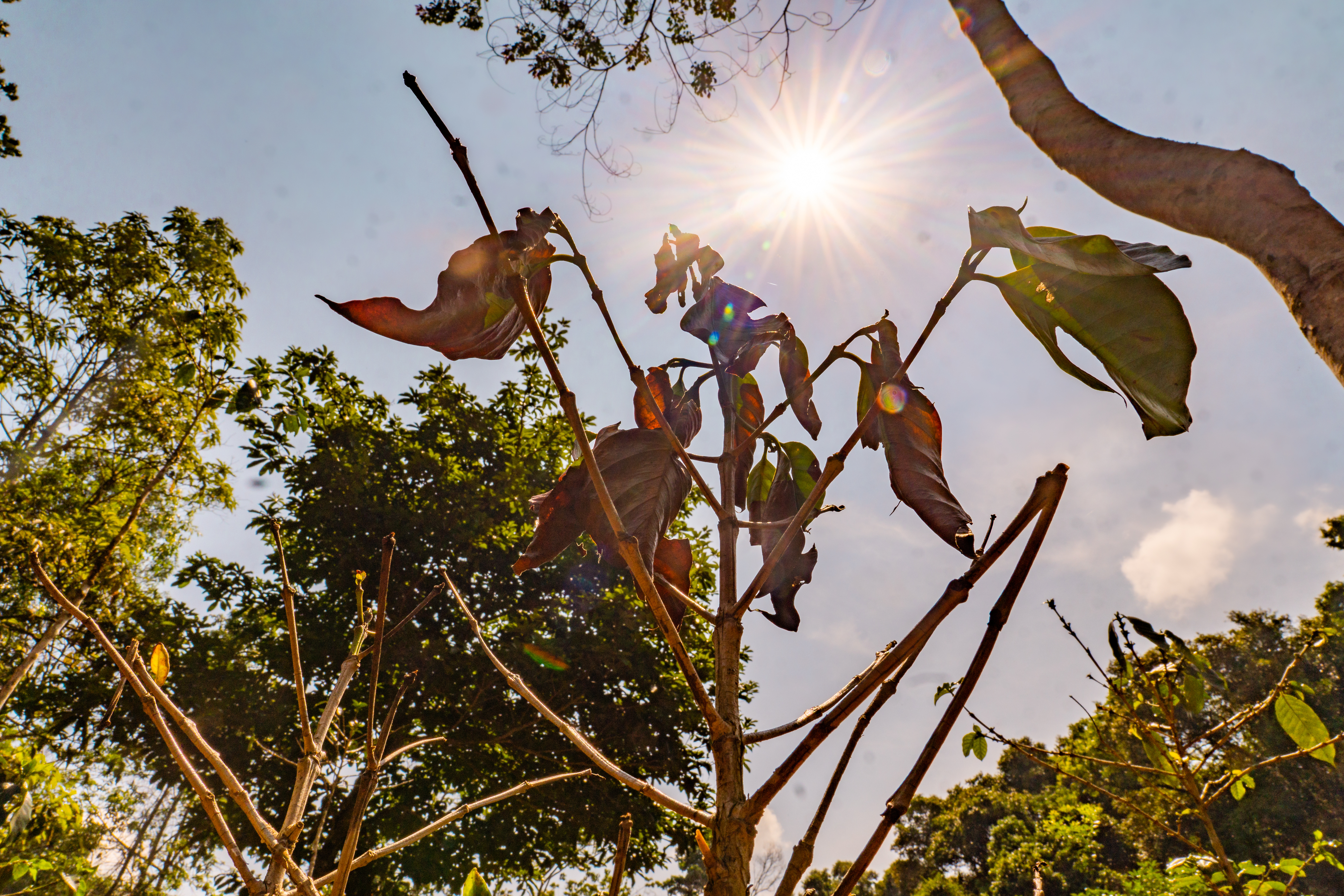Slow acquires African Coffee Roasters – A New Era for Sustainable Coffee
Big news from Slow. African Coffee Roasters is now part of the Slow family. And this isn’t just an acquisition—it’s a major step forward in how...

Inconsistent office coffee? Try degassing © Slow
We all know the frustration that office coffee can be a gamble. One day it’s a smooth, satisfying brew, the next...well, let’s just say it leaves a lot to be desired. But there’s a simple principle behind this inconsistency, and understanding it is the key to consistently delicious coffee at the office.
According to Marc Simonsen, Head of Coffee at Slow, “Understanding a little bit about degassing or resting coffee can help people get more out of their coffee brewing.”
Freshly roasted beans are full of carbon dioxide (CO2). This gas is responsible for the delightful aroma we love, but it can hinder brewing. However, as Simonsen explains, this CO2 can hinder the brewing process. CO2 prevents water from evenly extracting all the flavor from the grounds, leading to an inconsistent and sometimes underwhelming cup.
Degassing is the natural release of CO2 from beans. By understanding this process, we can elevate the quality of even your office coffee.

Freshly roasted coffee? Wait for the CO2 to escape before brewing. © Slow
This easy trick involves adding a small amount of hot water to the grounds before brewing, letting it sit for 30 seconds. This “bloom” releases some CO2, allowing for a more even extraction and a tastier cup.
Pre-ground coffee can be less fresh. Try a slightly coarser grind, which can aid degassing and improve the overall flavor.
Once you’ve mastered these simple techniques, share them with your colleagues. Together, you can transform your office coffee experience and enjoy consistently delicious brews.
And if you have some influence over the office coffee situation, suggest talking to the supplier about the roast date of the beans. Beans roasted a few days in advance will have undergone some natural degassing, leading to a more consistent and flavorful cup for everyone.
A little knowledge goes a long way.

Big news from Slow. African Coffee Roasters is now part of the Slow family. And this isn’t just an acquisition—it’s a major step forward in how...

A few years ago, coffee and chocolate were just products. But at Slow, we’re changing the story. We’re not just selling beans and cocoa, we’re...

For years, coffee prices moved with supply, demand, and speculation. That equation has changed.